"Whispering the Gospel to the heart of Asia" as a model of mission for Mongolia (Photos)
Fr Giorgio Marengo is a Consolata missionary who has lived in the Asian country since 2003. His approach to evangelisation is more adapted to the complexity of the Asian context. It entails putting people and human relations at the centre of things, creating empathy and confidence. This way, the Christian witness will not remain on the surface. Karakorum, the ancient imperial capital, can thus become a place for inter-faith dialogue.
Rome (AsiaNews) – Fr Giorgio Marengo is a Consolata missionary. Since 2003 he has lived in Mongolia, a country "where the majority of the population is Buddhist and shamanistic, and where religion and culture strongly overlap.” Here, “the only way to evangelise is to reach the hearts of the people by whispering Christianity” to them.
Speaking to AsiaNews, he described his close experience with Mongolians and the best approach to get to understand and interact with the "infinite nuances that characterise the Mongolian heart."
"Discretion is de rigueur,” he said. “There is no need to shout to proclaim the Gospel. The truth is something obvious and does not need to assert itself aggressively."
Fr Marengo’s thought comes from something said by Mgr Thomas Menamparapmpil, Archbishop Emeritus of Guwahati and a key figure in the peace process in India, for whom the best method of evangelisation in Asia is "whispering the Gospel to the soul of Asia."
The Italian missionary believes that, in Mongolia, the approach to which whispering refers to is the one that best fits the context in which he works.
"Whispering to the heart assumes a deep sharing, a way of empathy with the person before us, a process of inculturation by which one tries to appreciate and integrate the cultural richness of the place."
For Fr Marengo, the "whispering method presupposes focusing on human relations, on the humanisation of relations. It is expressed through confidence, calm, symbol, allusion, image and even silence." This way, “one creates a climate of empathy and confidence, which are fundamental conditions if one wants to pass on deep Christian teaching."
For the missionary, the main traits of the mission in Mongolia "has to be modesty and patience. Above all, people, individuals must be at the centre, not the masses. The works of the Church are important and must be encouraged and boosted, but bearing witness is not enough."
The Church’s missionary testimony in Asia, which often entails working with the poor, the marginalised and the sick, must be accompanied by the spiritual care of the individual.
Otherwise, "if we work only on projects and initiatives, there is a risk that our testimony will remain superficial. Once a project is completed, faith disappears. This does not mean that educating the young or serving the elderly and the sick no longer have any meaning. It simply implies that we have to go back to the primary needs of the communities in which we work."
In Mongolia, the Catholic Church has been present for almost 25 years, and Catholics number about 1,500, out of a population of three million (half in the capital Ulaanbaatar).
With respect to projects, Fr Marengo noted that "we are involved in many with a lot of synergy in various domains. We also started cultural collaborations, encouraging meetings and exchanges of knowledge with European groups."
Since "the state is providing better education and health care, the Church can do more in setting root in the local culture and empathising with the people, so that the Christian proposal is better understood."
Inter-faith dialogue is "one of the most important areas of the mission of our day. It is not only about being good neighbours, but also about mutual understanding that becomes friendship. From the latter, people can share living together.”
In fact, Consolata missionaries "plan something in Karakorum,” Fr Marengo noted. “In the 13th century this city was the ancient imperial capital, where Islam, Christianity and Buddhism coexisted peacefully. In the 21st century, we would like to create something similar: a place where we can live together, work together for the good of the people, and exchange our respective heritage and worldview."
(Photos 1, 2, 3, 4 Czernin/MissioAustria)
01/10/2023 13:42
30/08/2023 14:22
03/06/2023 16:58
06/02/2023 11:54





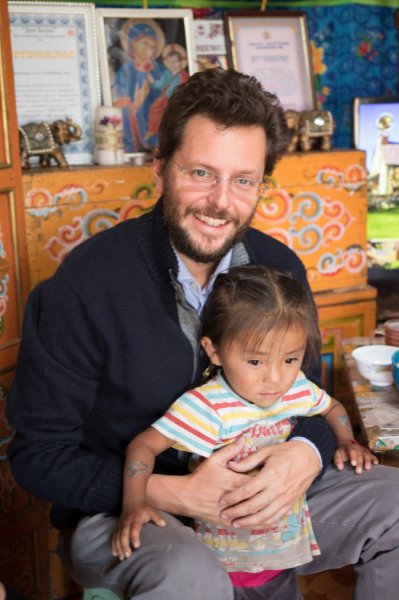
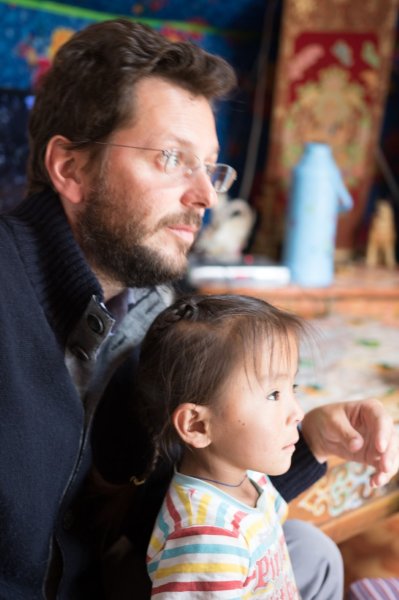
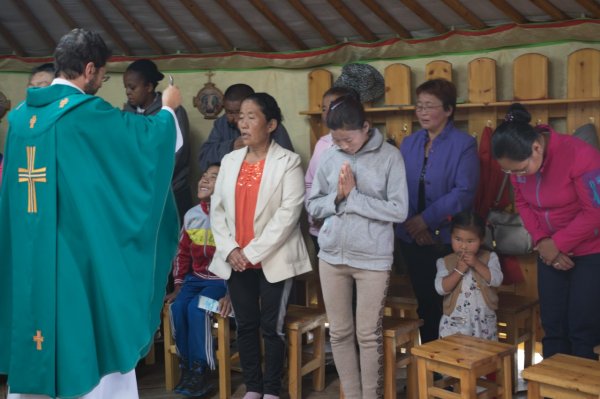

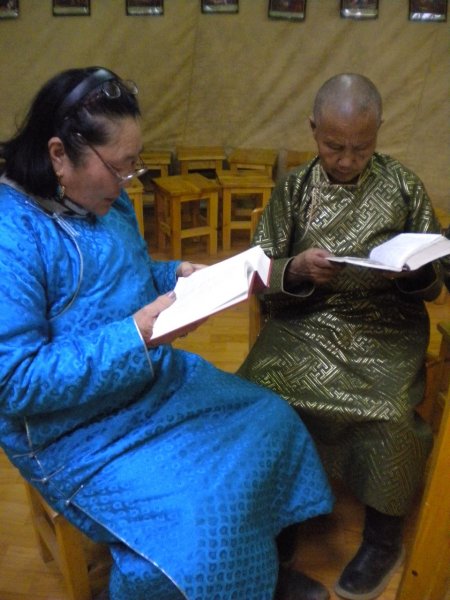
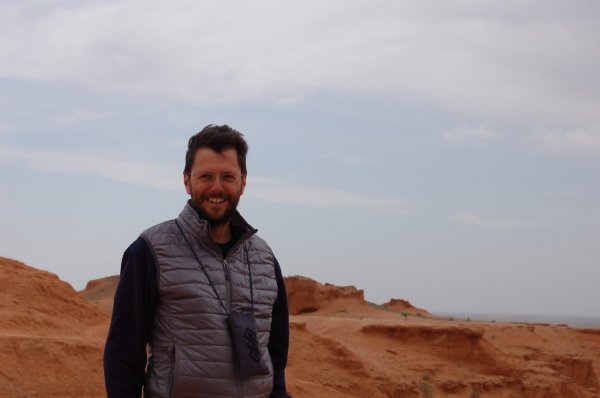
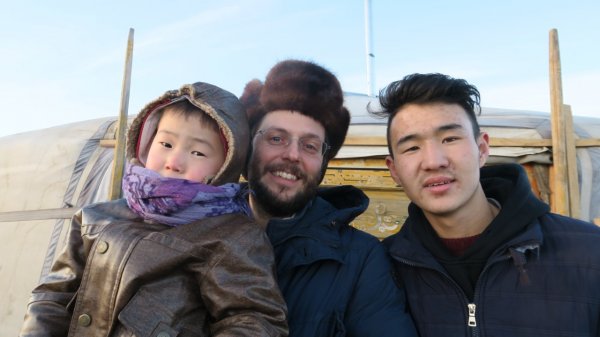
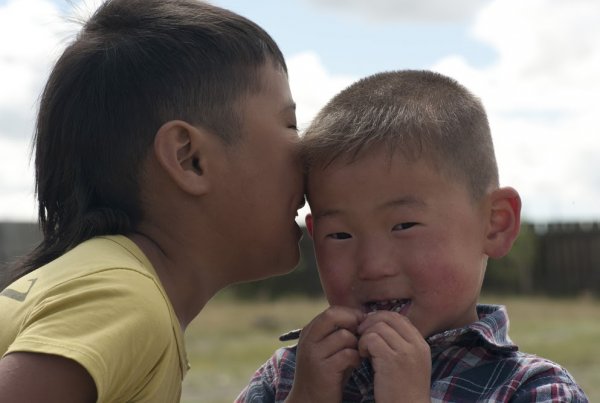
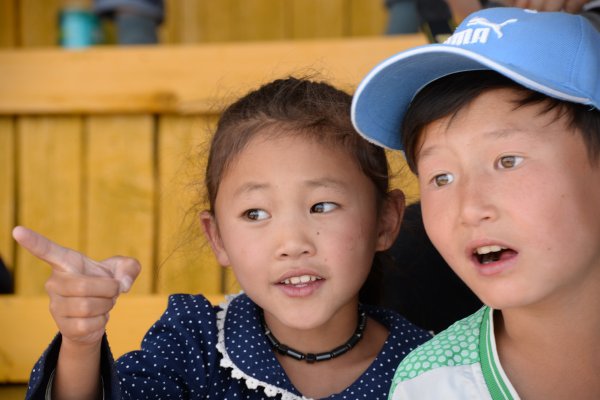

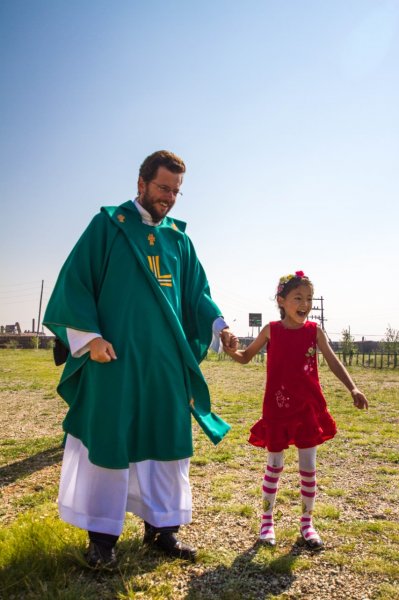
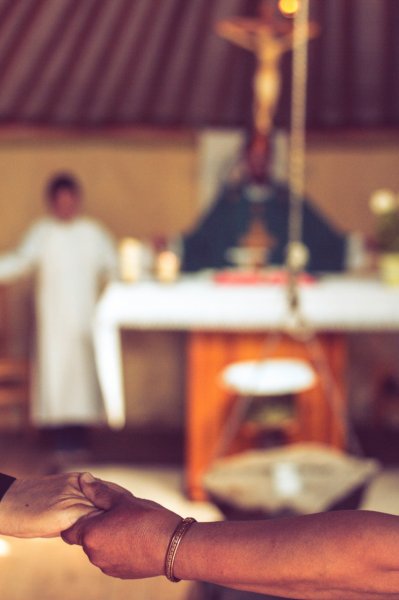
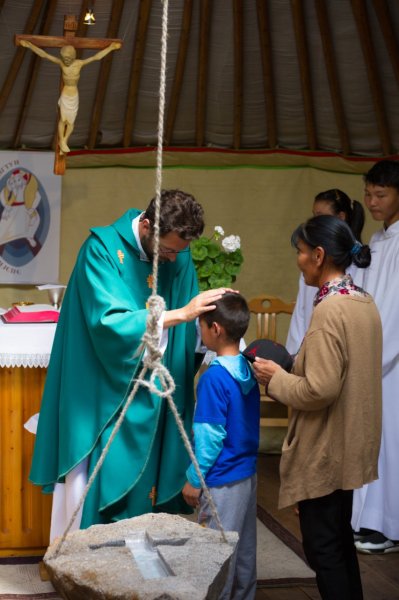

.png)










